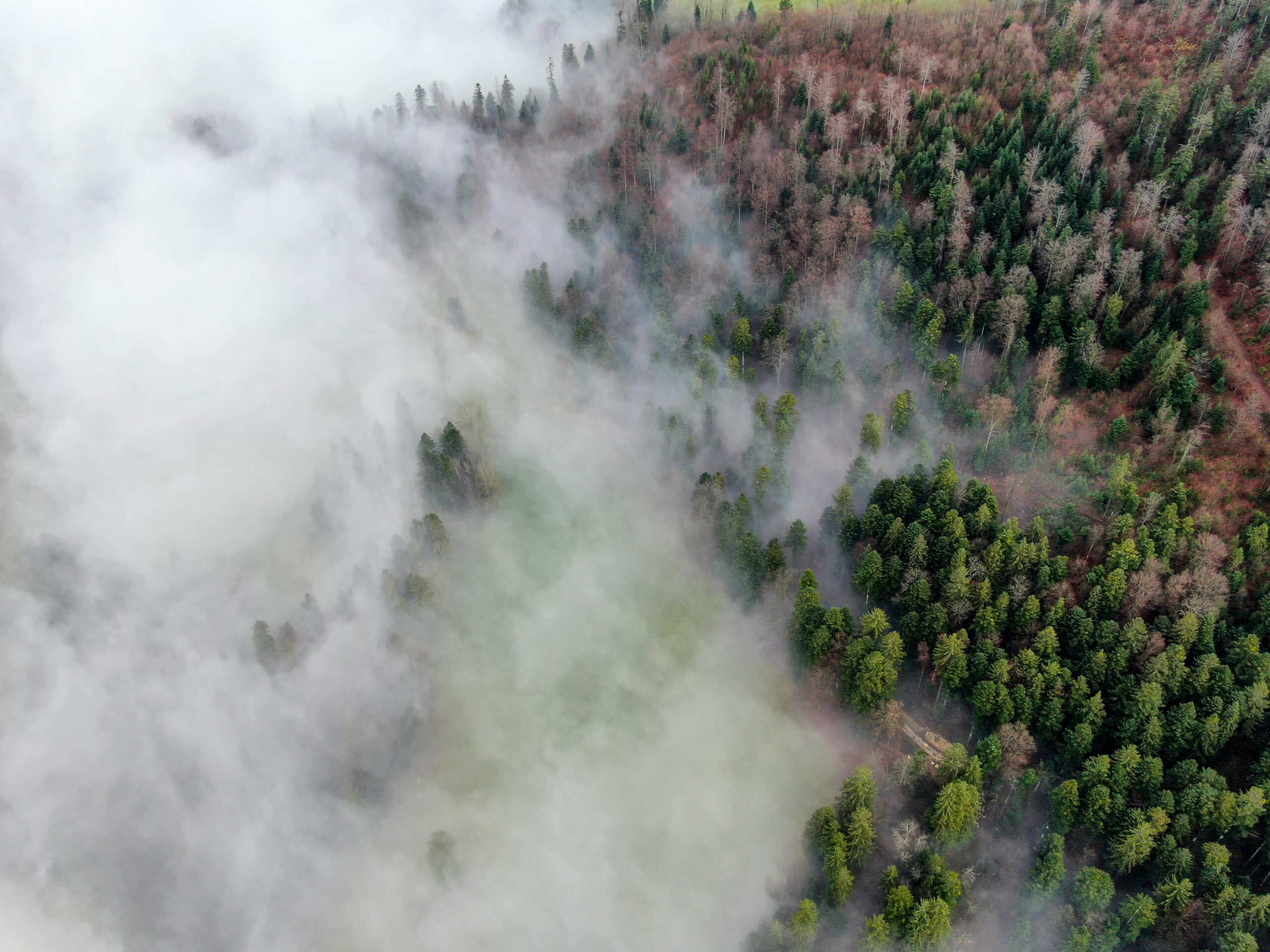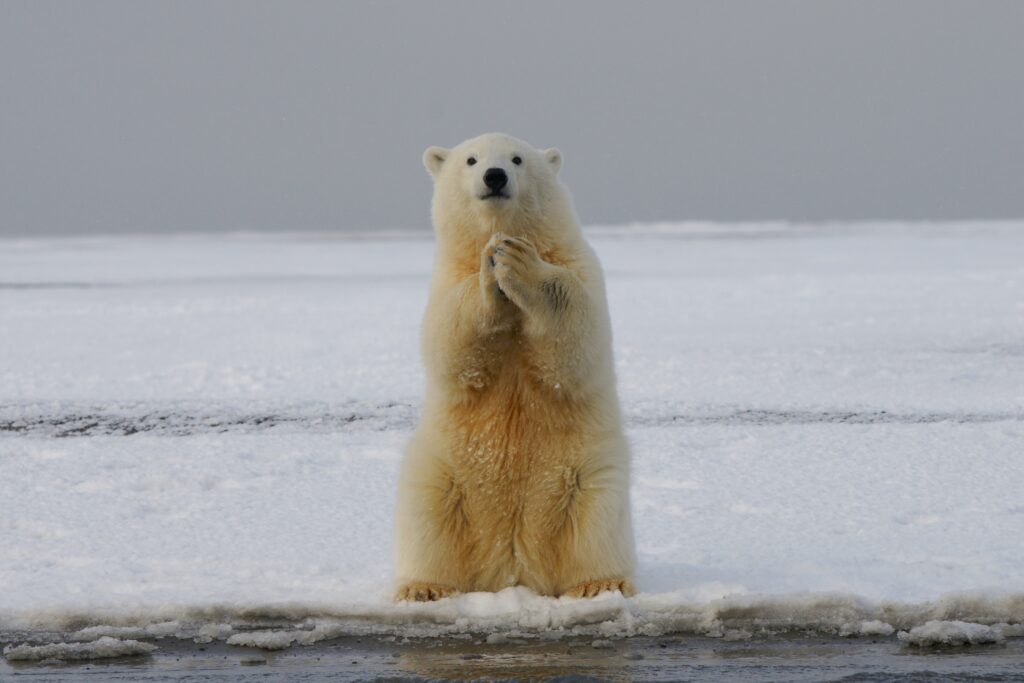The Weight of Inevitability

What does it mean for something to be ‘inevitable’?
We know that the sun will rise each day and set each night (until millions of years from now when it inevitably doesn’t). We know that if you’re working in a group project, there’ll inevitably be someone who doesn’t pull their weight. We know that scientists are making predictions that sea ice will retreat to a small fringe by 2040, polar bear populations will decline by more than 30% in the next 35-40 years, and our world’s temperature will increase by more than 2° Celsius.
Articles proclaim that climate change is inevitable, yet go on listing all the ways we need to fight it – all the ways we will fight it. And it is of course, incredibly important that we do fight it, as limiting some of the worst effects is still possible at this point, and action is undoubtedly essential. However, can the phrasing and presentation of climate change facts have an effect on how much action people take?
When something is deemed inevitable it can convey a sense of hopelessness – it could in fact push people to feel that anything they do is pointless, so why bother trying? According to a study examining how we respond to fear-inducing representations of climate change, such depictions “can evoke powerful feelings of issue salience but these do not necessarily make participants feel able to do anything about it; in fact, it may do the reverse.”
This idea of Climate Despair, similar to the concept of burnout, is when the sense that climate change is unstoppable and all efforts to stop it or enjoy life in the meantime are futile, has dramatic negative effects on mental health. There are several ways people have suggested combatting the climate despair people are feeling, such as focusing on a long-term perspective, which may encourage viewing things in a constructive, motivating way. Another approach is acknowledging the grief and despair, using it to process and move through emotions about climate change. Other times, revelling in the everyday beauties of nature we have now can go a long way. By taking the focus away from the overwhelming statistics, and instead enjoying and sharing what you love, you can inspire that love and joy in others, and investigate ways we can help keep those things for longer.

So in the end, what is inevitable? The fact that in the face of looming fear and danger, there will always be people fighting back. The fact that some people will be able to find beauty and hope. The fact that even though we might get overwhelmed by the inescapability of it all, not everything is lost.
Our deadline is only a few days away, but you still have time to submit! Missing this chance to be published doesn’t have to be inevitable, and you can enter up to 5000 words of prose and five poems or artworks about the beauty of nature, the nuances of climate change, or anything in-between.
 Previous Post
Previous Post Next Post
Next Post